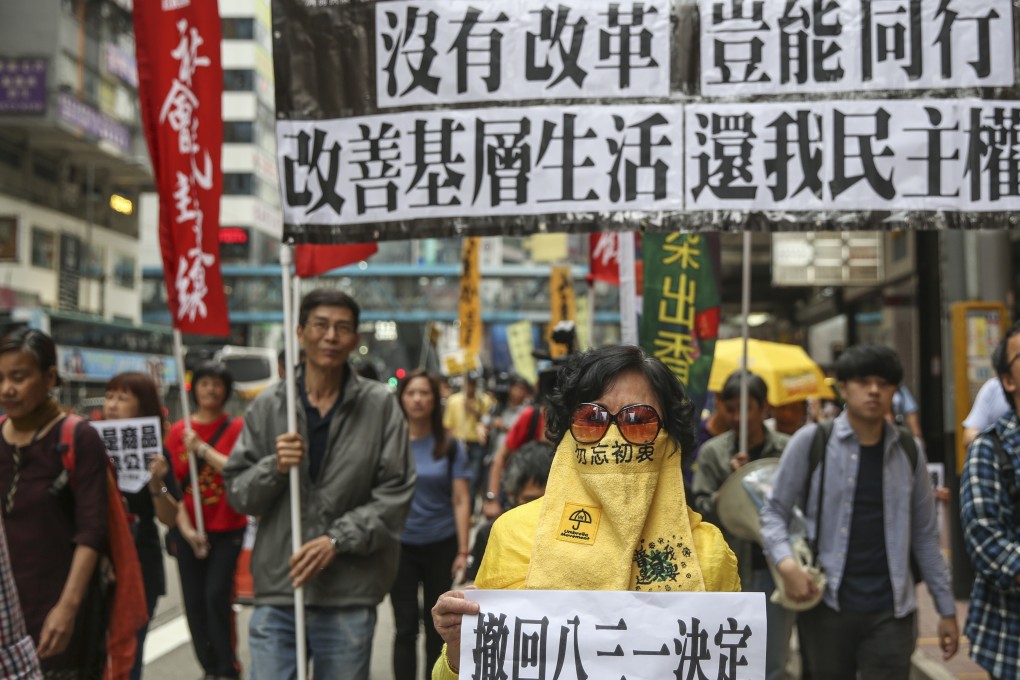Letters | Hong Kong has a national security law, universal suffrage should be next
- The enactment of the national security law should convince Beijing that the conditions are ideal for launching the political reform process

But, however different the new from the old, the Basic Law still serves as the framework. Apart from outlining the powers of the authorities, it also ratifies Beijing’s promise of “universal suffrage” for the selection of chief executive.
I surely am not alone in continuing to believe in this solemn promise. In an article for Ming Pao, Terrence Lin and Liang Junjie advocated for the long-delayed political reform. They argued that, after the enactment of national security law, the “one country” principle is stronger than ever, so the central government has no excuse to delay or avoid its promise of universal suffrage.

05:50
What you should know about China's new national security law for Hong Kong
In this case, it is unclear what remaining concerns loom over universal suffrage from Beijing’s point of view. Rather, to many in Hong Kong, the conditions for launching political reform, as set out by Beijing, have ripened.
